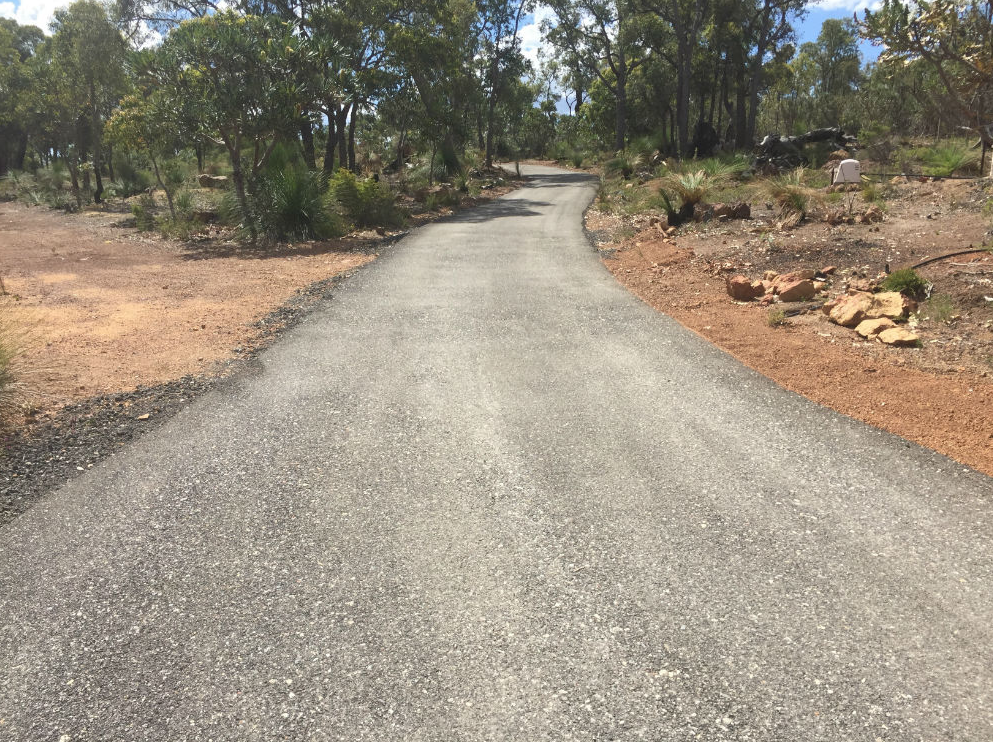Introduction
A well-laid driveway should last for years, but over time, signs of wear and tear can begin to show. Cracking, sinking, or crumbling edges are not just cosmetic issues — they’re often a warning sign of underlying problems that, if ignored, could lead to expensive repairs. At Little River Road Tech, we help property owners across Little River identify early signs of surface failure and provide long-lasting solutions tailored to the site conditions. Here’s how to assess the situation and what steps to take next.
Common Signs of Driveway Failure
If you’re seeing any of the following, your driveway likely needs attention:
- Hairline or spiderweb cracks
- Large, widening cracks
- Sunken or depressed sections
- Pooling water after rain
- Edge crumbling or breaking away
- Vegetation growing through the surface
These symptoms may seem minor at first, but they often indicate deeper structural issues that require prompt action.
What Causes Cracking and Sinking?
Poor Sub-Base Preparation
If the ground beneath the asphalt wasn’t properly compacted during installation, it can shift or settle over time — causing the surface to crack or dip.
Water Infiltration
Water is one of the most common causes of driveway damage. When it penetrates the surface, it can weaken the base layers, especially if drainage is poor or the surface hasn’t been sealed.
Tree Roots and Ground Movement
Expanding tree roots or shifting clay soils, which are common in parts of Little River, can apply uneven pressure from below, leading to surface lifting or cracking.
Age and Oxidation
Over time, exposure to UV rays causes the bitumen to dry out and become brittle. This makes the driveway more prone to cracking and structural breakdown.
What You Should Do Next
Step 1: Inspect the Entire Surface
Walk your driveway and look for patterns:
- Are cracks isolated or widespread?
- Is sinking limited to one area or more general?
- Is water pooling or draining properly?
Noting these details helps determine whether repairs or full replacement are required.
Step 2: Avoid DIY Quick Fixes
Temporary fillers or patch kits may disguise the problem but won’t solve it. In fact, they can trap moisture and accelerate the damage if not applied correctly.
Instead, seek a professional inspection from a qualified team like Little River Road Tech who can assess both the surface and the sub-base.
Step 3: Determine the Right Fix
Depending on the condition of your driveway, there are several possible solutions:
Crack Sealing
- Ideal for hairline and early-stage cracking
- Prevents water from entering and worsening the issue
- Quick, cost-effective preventative treatment
Resurfacing
- Suitable when the base is stable but surface wear is widespread
- Adds a new layer of asphalt over the existing structure
- Improves both appearance and function
Full Removal and Replacement
- Necessary when sinking, severe cracking, or base failure is present
- Involves removing the old surface and rebuilding the base
- Delivers the longest lifespan and strongest result
Drainage Upgrades
- Fixing slope and run-off issues can prevent future deterioration
- Often recommended alongside repairs to extend surface life
Preventative Measures Moving Forward
After repairing your driveway, a few simple practices can help you avoid recurring issues:
- Keep drainage clear and ensure water flows away from the surface
- Have sealant applied every few years to protect the bitumen
- Avoid parking heavy vehicles in the same spot continuously
- Monitor for early signs of wear and act promptly
These small steps can add years to your driveway’s performance.
Conclusion
If your driveway in Little River is cracking or sinking, don’t ignore the signs. Early intervention is key to avoiding expensive repairs and keeping your property safe and visually appealing. At Little River Road Tech, we offer expert advice, professional surface assessments, and customised repair solutions that stand up to local conditions.
Contact our team today to book an inspection and take the first step towards restoring a strong, reliable driveway surface.
Call us on: 03 4159 2883
Click here to find out more about Little River Road Tech
Click here to complete our contact form and see how we can help with your driveway needs.

